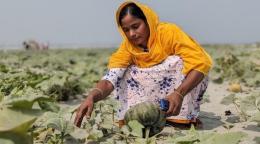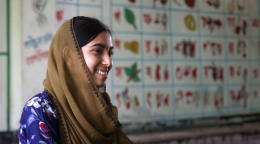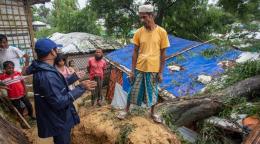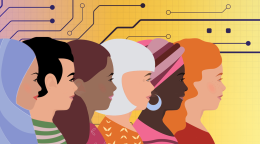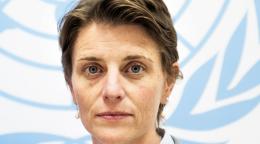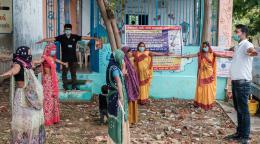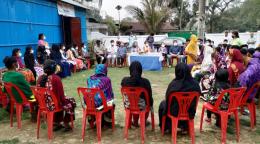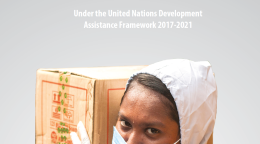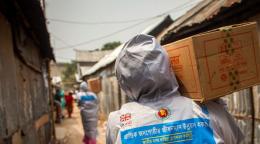Bangladesh
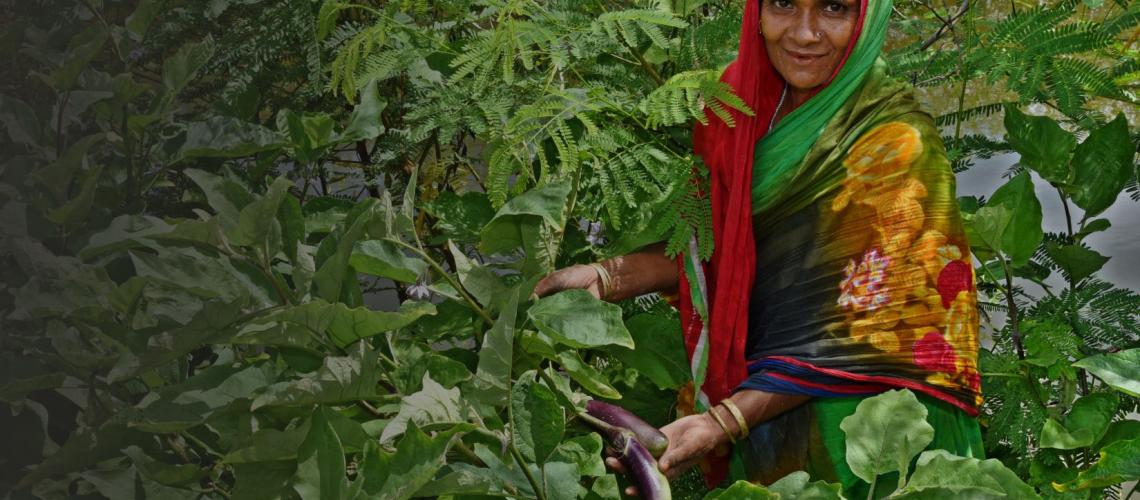
Photo: © United Nations in Bangladesh
UN Bangladesh Country Team
Resident Coordinator Office
1 / 2
1 / 4
UN Entities in Bangladesh
1 / 19
UN Key Documents
UNDAF/United Nations Sustainable Development Cooperation Framework (CP)
UNDAF / CF START DATE
01 January 2022
UNDAF / CF END DATE
31 December 2026
START OF NEW CF CYCLE
01 January 2027
1 / 14
Latest news and updates
1 / 12














